

Rabbits usually boast having strong and powerful hind legs which they need for hopping around and escaping any predators they have to get away from in the wild. With this said one complaint they often suffer from which affects their mobility and in particular their back legs, is a vertebral fracture. This can cause weakness and in a worse case scenario, paralysis of their hind limbs. Our domestic pets are fragile creatures and if dropped, they can break bones very easily which is why they need to be handled and lifted up with great care.
When it comes to dislocations, (luxation), this too can cause weakness in a rabbit's back legs and again, if left untreated may even cause paralysis. Rabbits can often twist the base of their spines (the sacrum) and this may well result in them suffering a vertebral fracture which is far more common than most people think. The trauma this causes often means rabbits will lose bladder control and in some cases they may even lose control of their bowels too.
Symptoms and signs there may be a problem really does depend on how bad the fracture actually is. With this said the more common symptoms to watch out for include the following:
There are a lot of reasons why a rabbit might suffer a spinal fracture or an injury to their back legs but the more common causes include the following:
Due to the fact there could be a variety of reasons why a rabbit appears to be weak or suffering some level of paralysis to their back legs, a vet would need to carry out a few tests to rule out probable causes before establishing a correct diagnosis. The vet would then recommend the right type of treatment but you would need to give the vet a complete background of what happened right up until you noticed there was something wrong with your pet.
There are other reasons why a rabbit might show signs of paralysis or a weakness of their hind limbs which includes them suffering from certain infections:
Vets would want to carry out a spinal reflex test and take X-rays to establish just how much damage is present on the spine or limbs and whether it is a fracture or a dislocation before deciding on a treatment and offering a prognosis.
If you find your rabbit is showing signs of severe weakness or paralysis of their hind limbs, you may also find their bladders and bowels are compromised too. A vet would typically recommend keeping your pet at the clinic in order to be treated because it is really important for rabbits to kept in a quiet environment with restricted movement. The care needed is quite intensive as a rabbit would need to be turned at regular intervals to prevent any bed sores from developing during the recovery period.
Once your pet is allowed home, the after care given to them is crucial if they are to made a full recovery and this would include the following:
Your vet may also prescribe a gastrointestinal medication as a way to protect your rabbit's stomach lining and which would help reduce the chances of an ulcer developing. They may also recommend pain killers to help your pet through the often painful recovery period so they remain comfortable. Antibiotics may also be prescribed if the vet finds a secondary infection is setting in otherwise they would not normally prescribe them.
When it comes to the final prognosis, it really does depend on the severity of the fracture and whether a rabbit is able to eat properly and their general condition. More often than not, a rabbit that's suffered some sort of spinal injury that results in paralysis will not regain total mobility in their hind legs which is why in some instances it would be kinder to put them to sleep.
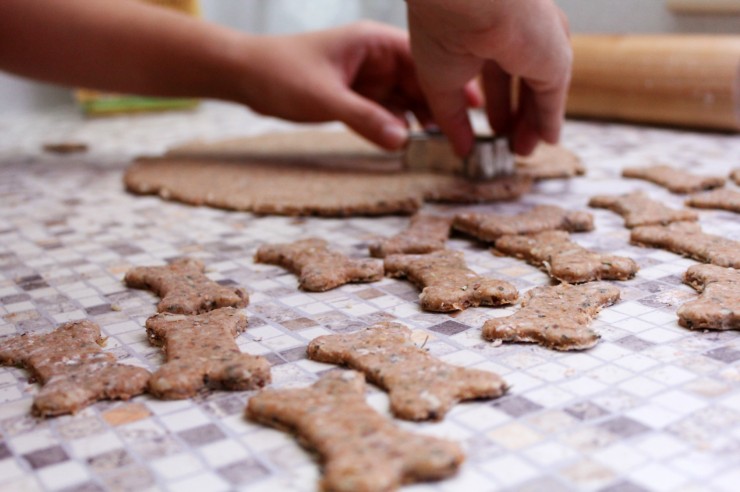 Six Good Reasons For Making Your Own Dog Treats
Six Good Reasons For Making Your Own Dog Treats
 Osteosarcoma Or Bone Cancer In Dogs
Osteosarcoma Or Bone Cancer In Dogs
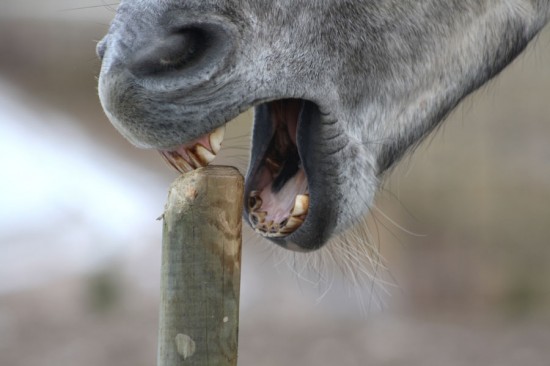 Horses That Weave, Box Walk, Crib Bite Or Windsuck
Horses That Weave, Box Walk, Crib Bite Or Windsuck
 A Veterinary Nurse Shares Five False Economies When It Comes To Dog Ownership
A Veterinary Nurse Shares Five False Economies When It Comes To Dog Ownership
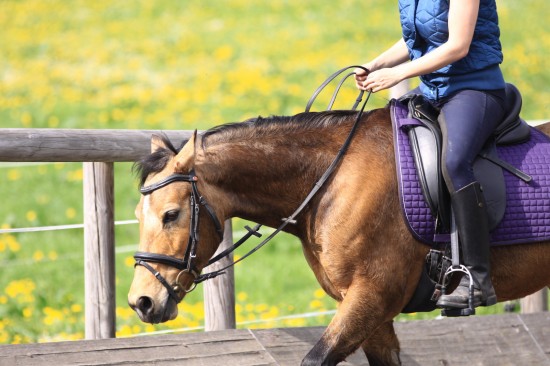 Finding The Right Horse Riding Instructor
Finding The Right Horse Riding Instructor
 Importance Of Invisible Fence Installation And Invisible Pet Fence Repair
Importance Of Invisible Fence Installation And Invisible Pet Fence Repair
 High Blood Pressure In Cats
High Blood Pressu
High Blood Pressure In Cats
High Blood Pressu
 Gordon Setter Hereditary Health And Longevity
Gordon Setter Her
Gordon Setter Hereditary Health And Longevity
Gordon Setter Her
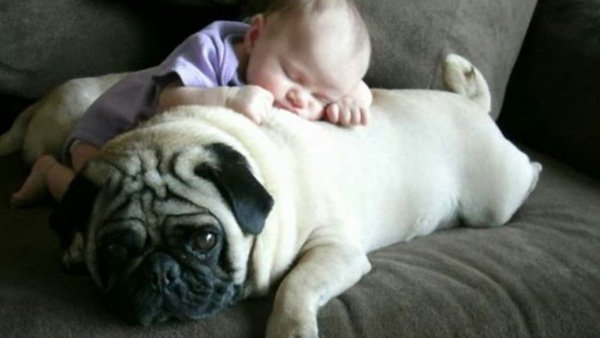 What Are The Common Reasons Of Giving Your Preference To Dog Boarding?
What Are The Common Reasons Of Giving Your Preference To D
What Are The Common Reasons Of Giving Your Preference To Dog Boarding?
What Are The Common Reasons Of Giving Your Preference To D
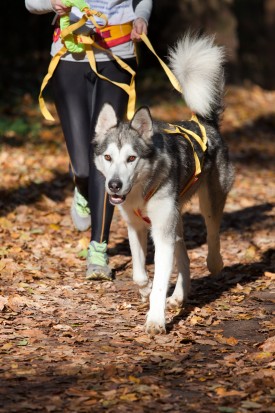 Getting Involved In Canicross ( Canix )
Getting Involved
Getting Involved In Canicross ( Canix )
Getting Involved
 Is The Bengal The Cat For You?
Is The Bengal The
Is The Bengal The Cat For You?
Is The Bengal The
Copyright © 2005-2016 Pet Information All Rights Reserved
Contact us: www162date@outlook.com